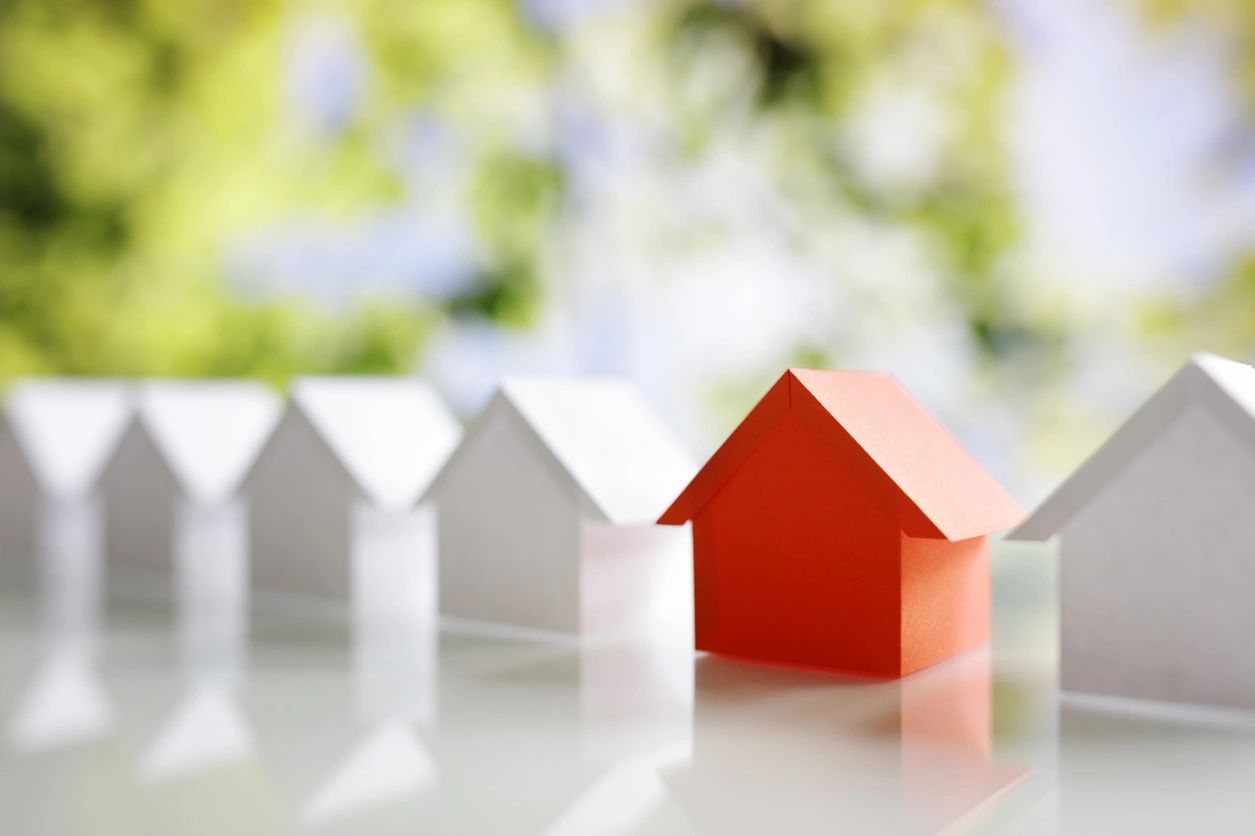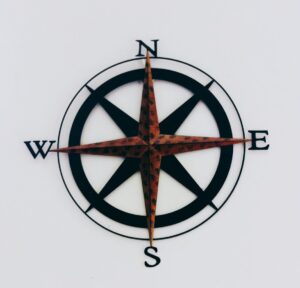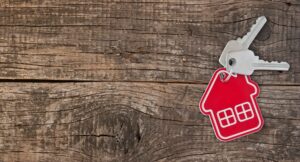Ahh, the American dream!!!
Can you picture yourself in that doctor’s house with the white picket fence and barbequing by the pool while the kids and dogs are running around? The imagery is lovely; let’s see how much that will cost you.
We all dream big, and like most, I would assume we all want that “American mansion” that we see on T.V and on the cover of many magazines and nowadays down your social media feeds. I remember watching the Christmas movie Home Alone as a kid and saying to myself, “I want a house like that when I grow up.” Now that I’ve grown up, I think, damn how much is that house worth? How high is that electricity bill? How much are they paying in taxes each year? How’s that school district? How much are they making to afford that house?
Before jumping into buying a house to achieve that American dream, these are some basic questions you should ask yourself.
Home Ownership
In the fall of 2016, my wife and I bought a four-bedroom, 2 ½ bathroom house with a 25 foot pool in a Houston, Texas suburb for $160,000. YEP, $160K. Try getting a house in South Florida (where I currently reside) for that price. Where you decide to put down your roots and buy a home has a significant impact on your financial health.
I can live off my current resident salary of $49,000/year (…WOOHOO got a $1K raise this year) in Texas and be able to own a home and have money left over to invest. In Miami, that is very difficult. There are other states like Georgia, Alabama, Arkansas, several Midwest states where that is also possible. Some of you might be thinking “well I would have to live” in those states. If you are not able to live the lifestyle you want in the location you currently live in, it’s in your best interest to look into moving.
Life is a “choose your own adventure” game; each decision you make will impact the results.
My wife and I have always wanted a house and a piece of the American Dream. Being a homeowner is powerful and a privilege that comes with considerable benefits. Many Americans do not own any assets (something that has economic value) outside of their home; therefore, it becomes precious in retirement when you no longer have a steady income.
For some, owning a home is a sign that you have “made it” as an adult. It’s a sign of security, and it’s a way of securing yourself against the future. Once you have paid off your home, that is a significant expense that you no longer have to deal with, which for some, can be a generational life-changing event.
As housing prices continue to rise, being able to buy a house is a great way to protect and lock in your mortgage. Imagine if you bought a house five years ago for $160K, and today your neighbors are buying that same house for $210K. You will have a lower mortgage and more money in your pocket that you can use to pay your bills and invest. Locking in that price can also backfire, as we’ve seen during the housing bubble in 2008, where that same $160K home could have sold for $100K.
Having stable monthly payments and the opportunity to build equity are by far the two best reasons to buy a home.
It’s debatable whether housing is an investment or an expense, which is another article on its own. For now, learn to understand the numbers, and buy within your means.
Before you sign your name on that piece of paper, make sure that you can afford your mortgage and don’t buy too much house that you can’t afford. Just because you qualify for a $300K loan, doesn’t mean you need to buy a $300K home. For us, we bought for $160K when we could have bought for well over $300K. We found a neighborhood that we were comfortable with and the price was well below our budget. At $160K, we felt very comfortable that we could pay off the mortgage no matter what our financial situation. Yes, I ran the numbers. I took the worst scenario and imagined if both of us were to lose our jobs and one of us had to work minimum wage of $8/hr while the other stayed home with the kids. $8*40=$320/week*4 =$1,280/month. For us, this would have covered our $1,135/month mortgage. That example is extreme, but that is the reality for many people. There are families in Texas, and the other states that I mentioned above, that can buy a home for less than $100K on a minimum wage salary.
Before you sign that piece of paper, let’s look at the numbers.
My Families Numbers
October 2016:
- House Price $160K
- Down payment: $8K (5%)
- Loan Balance: $152K (This is the amount we ended up financing)
1st Statement: November 2016
Statement: July 2020
In 4 years of owning the house, not counting the down payment, our loan amount went from $152K to $140.7K. In 4 years, we’ve only paid $12K towards paying off the house? That just does not make any sense.
Understanding the numbers will alleviate some of the confusion. Many people do not take time to look at the numbers, and years down the line after making so many payments, they just do not understand why they still have a high balance.
Dates: October 15, 2016, to August 9, 2020
That’s 3 years, 9 months, 25 days excluding the end date or 45 months, 25 days excluding the end date.
Some of you are probably thinking the monthly payment of $1,135 X 45 (months of payments) = $51,075 (that’s how much should have come off the loan), which would, therefore, leave a balance of ~$100K.
Yes, we did pay that much in the past 45 payments; however, not all that money went toward the loan and the principal. Just like credit card payments, if you don’t pay it off in full each month, you will have interest you need to pay first, then the rest goes to your overall principal balance.
From the first statement you see, we pay interest ($473.52) that is twice as much as we pay in principal. We also pay into an Escrow account ($433.66) (this account is where the lender will deposit the part of your monthly mortgage payment that covers taxes and insurance premiums). That amount is roughly almost twice as much as we pay in principal.
Looking at the first statement, the principal is $228.22. This means that out of our monthly payments [ ($228.22 / $1,135.40) * 100% = 20% ] is going to pay off the loan. The rest ($473.52 + $433.66= $907.18) is going toward interest, taxes, and insurance. Yep, 80%, ($907.18 / $1,135.40) of our payments are going toward INTEREST, TAXES, & INSURANCE.
The banks make sure they get their money first, and you pay the interest up front before you make a dent in the principal. That is one of the reasons why mortgages are structured as 15, 20, or 30 years.
Yearly overview
Let’s look at 2019, approximate payments.
- Total payments in 2019 =$1,167.71 (Mortgage) X 12 (Months) = $14,012.52
- Property taxes paid in 2019: $2,751.41
- Interest paid in 2019 (3.75%) : $5,408.58
- Mortgage Insurance Payment: ($92.18 * 12) = $1,106.16
- Total = $14,012.52 – $2,751.41 – $5,408.58 – $1,106.16 = $4,746.37
Approximately $4,746.37 is going to the principal of the loan each year, not the $14K a year, which is why it takes so long to pay off a mortgage, and sometimes it does not appear like you are making any dent.
The Bi-Weekly Mortgage Payment Plan
Why is your payment only $583.86???
We structured our mortgage payments to pay it every two weeks. Yes, you can do that – just make a phone call to the bank. This allows us to make a couple of extra payments each year, which will help pay off our loan sooner. The extra payments will enable us to pay the interest faster, which therefore allows us to start shoveling away at the principle. Overall, instead of making 12 full payments each year, you make 26 half-payments in most years, which allows you to make the equivalent of one full extra mortgage payment per year.
Buying a house is a very personal decision, just like anything else when it comes to managing your finances. It is a very expensive, and for some, very stressful process. Hopefully, by being transparent with my numbers, this will allow you to better understand the numbers and some of the decisions that you should take into account when you are starting to look at purchasing your next house.




